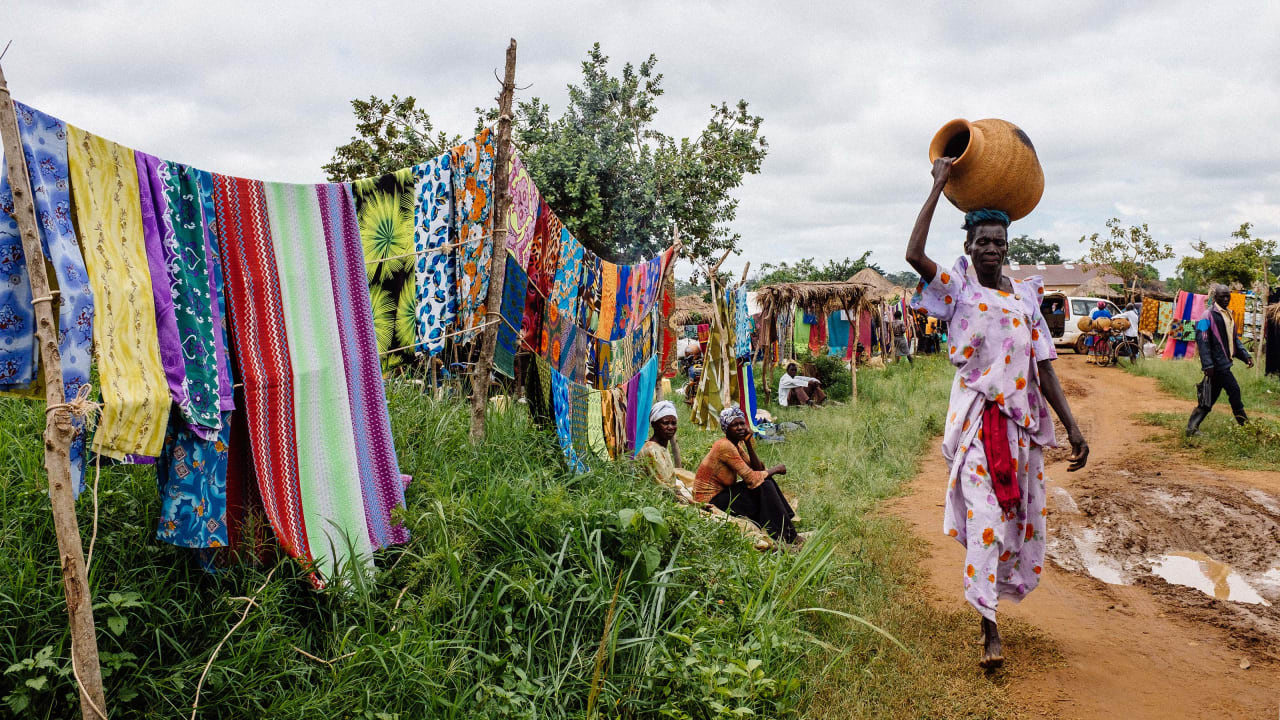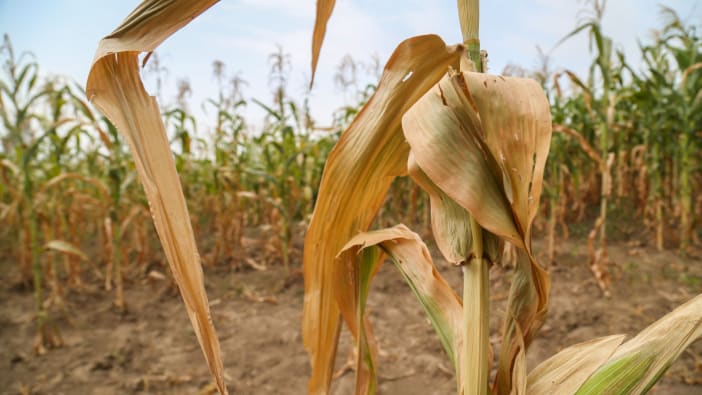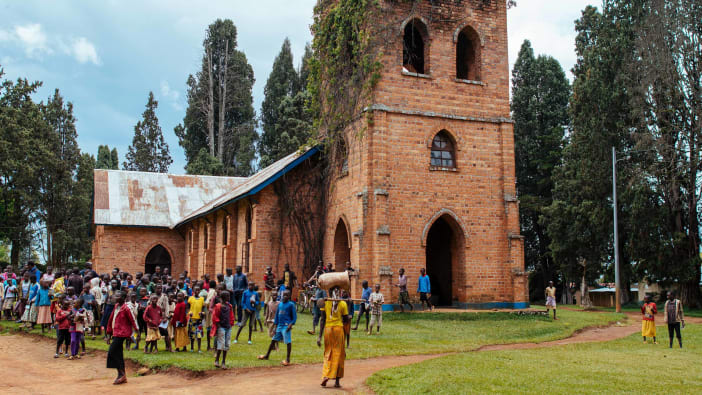Uganda
CCM is having a positive impact on the livelihoods, relationships, spiritual life and well-being of intended beneficiaries at the household level in Uganda. The study finds that:
- Changing hearts and minds is vital to impact all aspects of people’s lives.
- The local church encourages faith in action.
- Changing weather patterns are restricting progress.
- QuIP is an effective methodology for understanding the impact of CCM approaches.
Sierra Leone
The QuIP study provides clear evidence that the church and community mobilisation process (CCMP) is having a positive impact on individuals and communities in the country. The study finds that:
- The Christian faith has an important role to play in improving well-being and resilience.
- The local church can facilitate effective change – but the process and facilitation play a key role.
- Economic constraints still matter, but CCMP can mitigate the full effect in some instances.
- The QuIP is an effective research tool, providing solid evidence of success, opportunities and challenges. However, appropriate sampling is vital.
Bolivia
The QuIP study provides clear evidence that the evangelical church’s engagement in holistic ministry (CCM, awareness-raising, projects and teaching) is having a positive impact on individuals and communities. The study finds that:
- CCM is embedded into the church so that it has become a ‘way of life’ rather than a distinct development project.
- The Christian faith has improved behaviour and communication for many families, and raised levels of self-worth, agency and hope in the future.
- Drought and soil disease have substantially affected many households.
Nepal
This QuIP study demonstrates the way in which Sangasangai (CCT) is promoting an outward looking and active church which is having many positive impacts on the wider community. Particularly, the study provides clear evidence that:
- CCT is providing incentives for individual Christians and the church as a whole to reach out to the wider community.
- Active churches are bridging relationships between Christians and other faiths. Community relationships have vastly improved.
- Relationships and collaboration in the household have also improved with gender equality in decision making increasing after inspiration from CCT bible studies.
- Improvements in wellbeing rely on multidimensional factors including faith, self-esteem and relationships.
- Economic improvements have relied a lot on access to capital and savings groups. But more can be done, particularly to mitigate the challenges of Covid-19.








